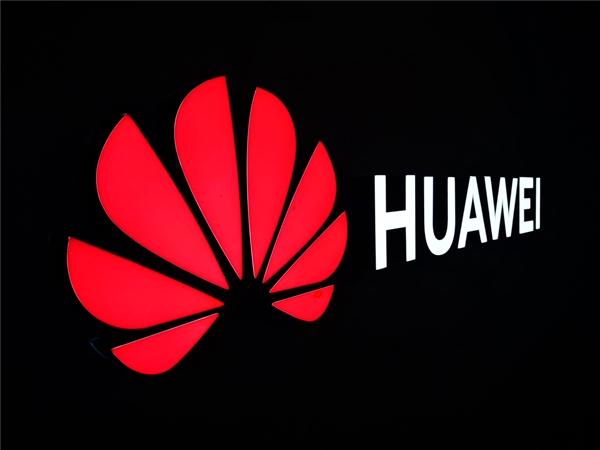As Europe navigates the complexities of 5G rollouts, Germany is the latest country to contemplate excluding Chinese tech giants Huawei and ZTE from its networks. According to a Reuters report, Germany’s Interior Ministry is suggesting the removal of critical hardware from these manufacturers by 2026. The move would indicate a substantial shift for Germany, which had previously shrugged off U.S. requests to distance itself from Huawei.
Only one third of EU nations have agreed to ban Huawei’s 5G involvement – yet.
This decision by Germany isn’t just another episode in the ongoing tech cold war between China and the U.S.; it has broader implications. Germany is not only Europe’s largest economy but also China’s most substantial trading partner in the EU. A whopping 65% of Germany’s 5G infrastructure is built using Huawei components, according to Janka Oertel of the European Council on Foreign Relations. Any changes here could show effects across Europe’s telecom economy.

In a recent radio interview, Carsten Senz, a Huawei executive in Germany, pointed out that Huawei’s technology has been employed without any security issues in Germany for years. The company further cautioned that the ban would escalate costs for both telecom operators and consumers in Germany.
While Huawei’s argument centers around economic consequences, the EU has been nudging its members to be cautious. In 2020, the EU recommended restricting or banning Huawei’s involvement in 5G rollouts. However, only a third of EU nations have followed suit so far.
The telecom industry in Europe finds itself caught between two giants: China and the U.S. What’s more, Huawei has been deeply intertwined with Europe’s 5G development since its early stages. As of 2019, almost 60% of Huawei’s global 5G contracts were with European operators.
Given these economic and strategic considerations, Germany’s decision could serve as a tipping point for Europe’s 5G direction. If Germany follows through on the ban, it could catalyze a domino effect, pressuring other European nations to reconsider their 5G partnerships. Thus, Germany’s deliberations reach far beyond its borders and might just reshape Europe’s telecom landscape.
The coming months are crucial for the Chinese company. While security remains a focal point, the economic problems are too significant to be ignored. Germany’s final decision could very well set the tone for Europe’s digital future.
RELATED:
- Huawei Nova 11 SE and OPPO Find N3 to launch in October
- Huawei MatePad Pro 13.2 goes on sale, offers 144Hz OLED display, Kirin 9000s, 10,100mAh battery, and more
- Best Apple Watch Cases in 2023: Spigen, Otterbox, Casetify & More
(Via)






